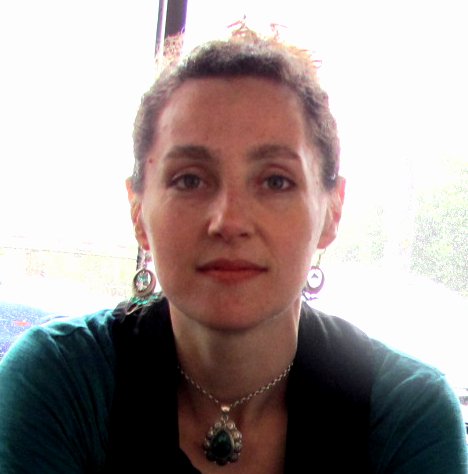Workshops
Providing presentations and workshops is an area that has evolved for me, beginning nearly twenty years ago, with informal training sessions to my supervision groups on topics as diverse as alcohol and other drugs, how to work with anxious clients, managing work stress and boundary setting. The sessions that I offer have developed in recent years. In addition to informal training, I now provide some more structured workshops, modifying them to fit the needs of individual organisations as well as developing new ones as required.
Sessions that are already developed include:
| Strategies for dealing with challenging behaviours | This two hour presentation was developed as part of the City of Boroondara’s Community OnBoard series. (Community OnBoard 2012-13) It has since been presented to a broad range of organsiations in differing formats.
It was designed for staff and volunteers of not-for-profit organisations, such as neighbourhood house staff, home-care workers, receptionists and volunteers at local parishes. Aiming to ensure the best and safest outcome for workers or volunteers and for service users, this session explores:
This training has been presented successfully in the following formats:
|
| Self care in the context of challenging client behaviours |
This is a three hour interactive session that was developed to meet the needs of a wide range of staff in the community health sector. The session aims to:
This session includes:
|
| Managing change |
A one hour session presenting theory about change, how people respond to change and linking this with practical examples of how this would look in the workplace. This session was originally developed for a community health centre and was presented to all staff, prior to a major redevelopment of the service. |
| Drug types, drug effects and drug treatment |
This session is one that I deliver in modified forms to the groups or individuals that I supervise or in other venues as requested. It is based on a structured 24 hour training program “Orientation to the Alcohol and Other Drugs Sector” that I developed and presented to disability workers doing a Certificate IV in Health and Community Studies at Box Hill TAFE. |
| Crisis intervention |
This session has been developed specifically for those staff who are not welfare professionals but who have regular dealings with complex client groups in the course of their role. Examples of these roles include reception staff in community health services, needle syringe program staff and tutors. This is a 90 minute session which explores ways for these staff to support service users within the boundaries of their roles and offers opportunity to discuss particular examples from their own workplaces. |
| Preventing burnout as a new social worker |
This is a 90 minute session which focuses on the stresses and new challenges of the first year of working in the welfare field. This session names and normalises some of the common challenges for workers in their early years. I then outline some of the strategies that can help during this period, including developing solid work/home boundaries, positive self care routines and techniques to monitor your own stress levels. This session provides both concrete information and the opportunity to explore the experience of those attending this session and to work towards thriving, not just surviving. |
| Self Care and Boundaries in Case Management |
This is an interactive 90 minute session which was developed specifically for case managers. It looks at individual, team and organisational strategies for improving and maintaining staff self care and well-being and a specific self monitoring tool and ways to use this in the workplace. This session explores strategies for boundary setting within the context of complex case management. |
If you would like more information or to discuss how I could develop a particular workshop for your organisation or modify one of my existing workshops for you, please email me at lisa.derham@bigpond.com or ring me on 0402 759 286.
Lisa Derham



